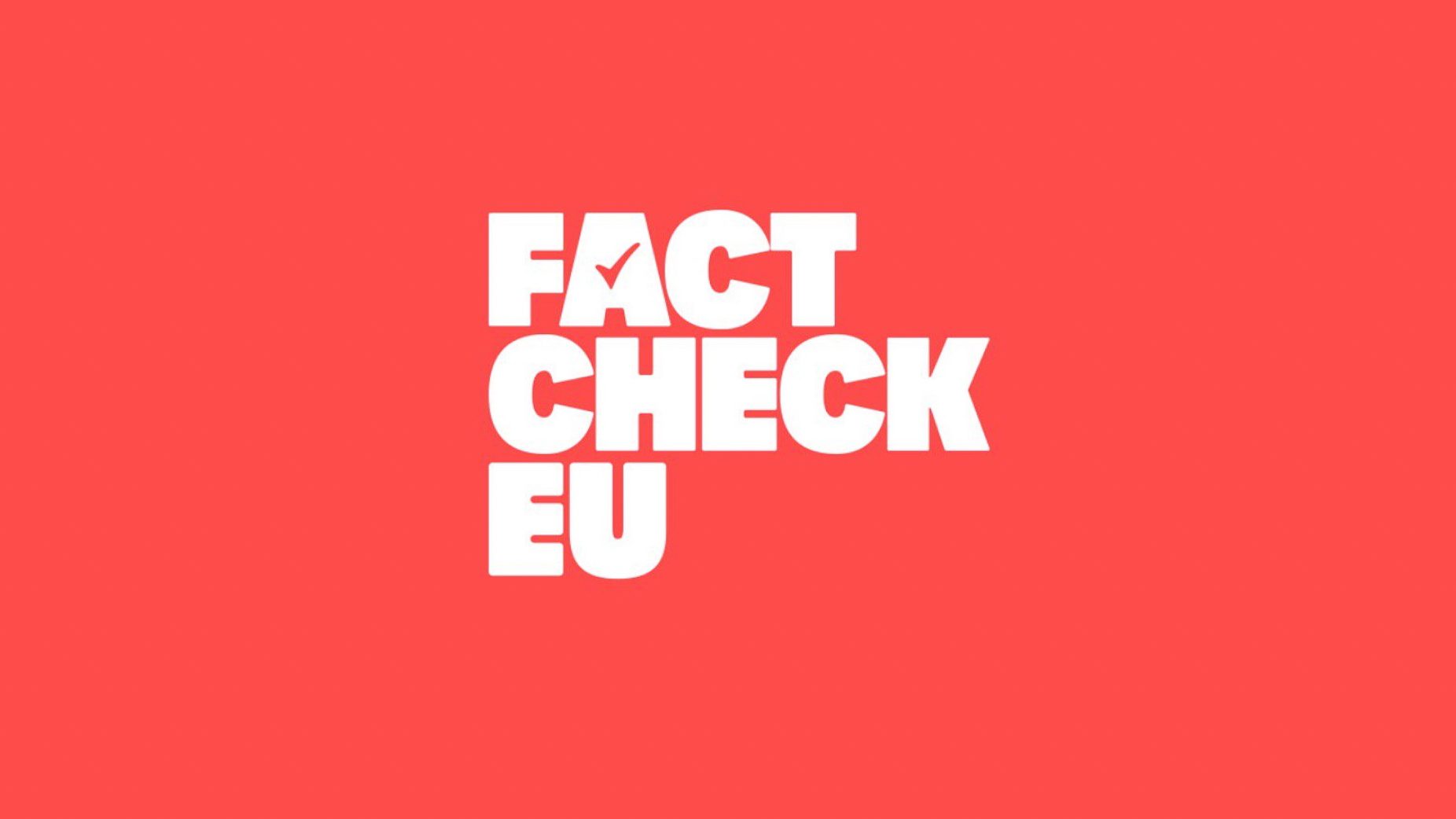SUMMARY
This is AI generated summarization, which may have errors. For context, always refer to the full article.

MANILA, Philippines – As the European Parliament elections approaches, Poynter’s International Fact Checking Network (IFCN) has launched FactCheckEU, a group set to tackle poll-related hoaxes and false claims. (READ: EU drifts toward rocks on populist tide)
FactCheckEU, which launched on Monday, March 18, is composed of 19 European fact-checking outlets from 13 countries. They are:
- 20 Minutes (France)
- AFP Factuel (France)
- CheckNews de Libération (France)
- CORRECTIV.Faktencheck (Germany)
- Les Décodeurs du Monde (France)
- Ellinika Hoaxes (Greece)
- FactCheckNI (Northern Ireland)
- Faktograf.hr (Croatia)
- France 24 Observers (France)
- TheJournal.ie (Ireland)
- lavoce.info (Italy)
- Lead Stories (Belgium)
- Maldita.es (Spain)
- Newtral (Spain)
- Observador (Portugal)
- Pagella Politica (Italy)
- Patikrinta 15min (Lithuania)
- TjekDet (Denmark)
- Viralgranskaren (Sweden)
Content by FactCheckEU will be published in 10 languages and will also be translated to English.
All of the fact-checking outlets are signatories of IFCN’s code of principles and have committed to 12 criteria on transparency, ethics, methodology, and impartiality.
Aside from publishing fact checks on the European Union (EU) and debunking hoaxes and claims by European political figures, FactCheckEU will also answer questions from readers.
“Our Q&A section, based on Libération’s CheckNews, will help create a direct link with our audience and reinforce trust in the media by replying to their questions directly, regardless of their partisan preferences,” the group said in a release.
They also said they are committed to learning more about disinformation in the EU, including learning about how hoaxes are spread from one country to another and about who makes them.
Hello! Hej! Bok! Bonjour! Γεια σου! Ciao! Sveiki! Hola! Hallo! Hallá! Ola!
— FactCheckEU (@FactcheckEU) March 18, 2019
The International Fact-Cheking Network is proud to launch @FactCheckEU, its fact-checking platform with 19 partners in 13 European countries. Check it out here: https://t.co/POKCSuaHwe pic.twitter.com/tsGuv74a2u
FactCheckEU’s platform was built through a grant from IFCN and with support from Google News Initiative and the Open Society Initiative for Europe.
The parliamentary elections, which will be held from May 23 to 26, will be a pivotal moment for the EU, as longtime German Chancellor Angela Merkel is set to leave office in 2021 and France’s “yellow vest” protests have put President Emmanuel Macron in a bad light.
The elections will also be held in the wake of the Brexit, which is scheduled to happen on March 29 but may be delayed. – Rappler.com
Add a comment
How does this make you feel?
There are no comments yet. Add your comment to start the conversation.